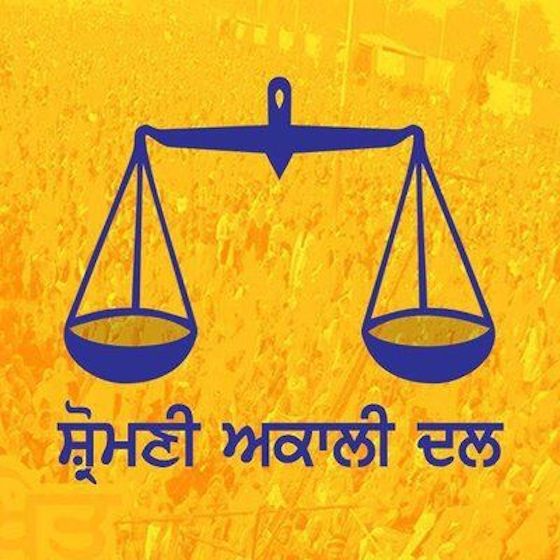THE Shiromani Akali Dal (SAD), one of India’s oldest political parties, is struggling to put its house in order after a series of electoral debacles over the past seven years. Party chief Sukhbir Singh Badal is not only facing rebellion from senior leaders but has also been summoned by the Akal Takht — the highest temporal seat of the Sikhs — to submit a written reply regarding the alleged ‘mistakes’ committed during the 10-year SAD-BJP rule (2007-17) in Punjab. The clamour for a leadership change is growing, even as the party top brass is presenting a united front and accusing ex-ally BJP of attempts to break up the SAD.
Things have only worsened since the death of five-time CM Parkash Singh Badal in April last year. Badal was a towering leader under whom the SAD became a force to reckon with; his son Sukhbir has found it tough to step into those big shoes. Moreover, Sukhbir has been unable to shake off the ‘one-family party’ tag. The ghosts of 2015 — a series of sacrilege incidents, the Takht’s flip-flop on pardon to Dera Sacha Sauda chief Gurmeet Ram Rahim in a blasphemy case, and police action against protesters at Kotkapura and Behbal Kalan — continue to haunt the Badals.
Grave lapses on the SAD’s part have disillusioned and angered Panthic voters. No wonder the party has ceded considerable ground to Sikh radicals, exemplified by the victory of Amritpal Singh and Sarabjeet Singh Khalsa in the recent Lok Sabha elections. The farming community is no longer the SAD’s dependable vote bank, even though the party pulled out of the NDA in 2020 in protest against the contentious farm laws (after having initially endorsed them). The exit of capable leaders like Manpreet Singh Badal and Adesh Partap Singh Kairon has left the party poorer. The SAD’s resurgence is possible only if it goes all out to regain the lost ground and win over farmers.









